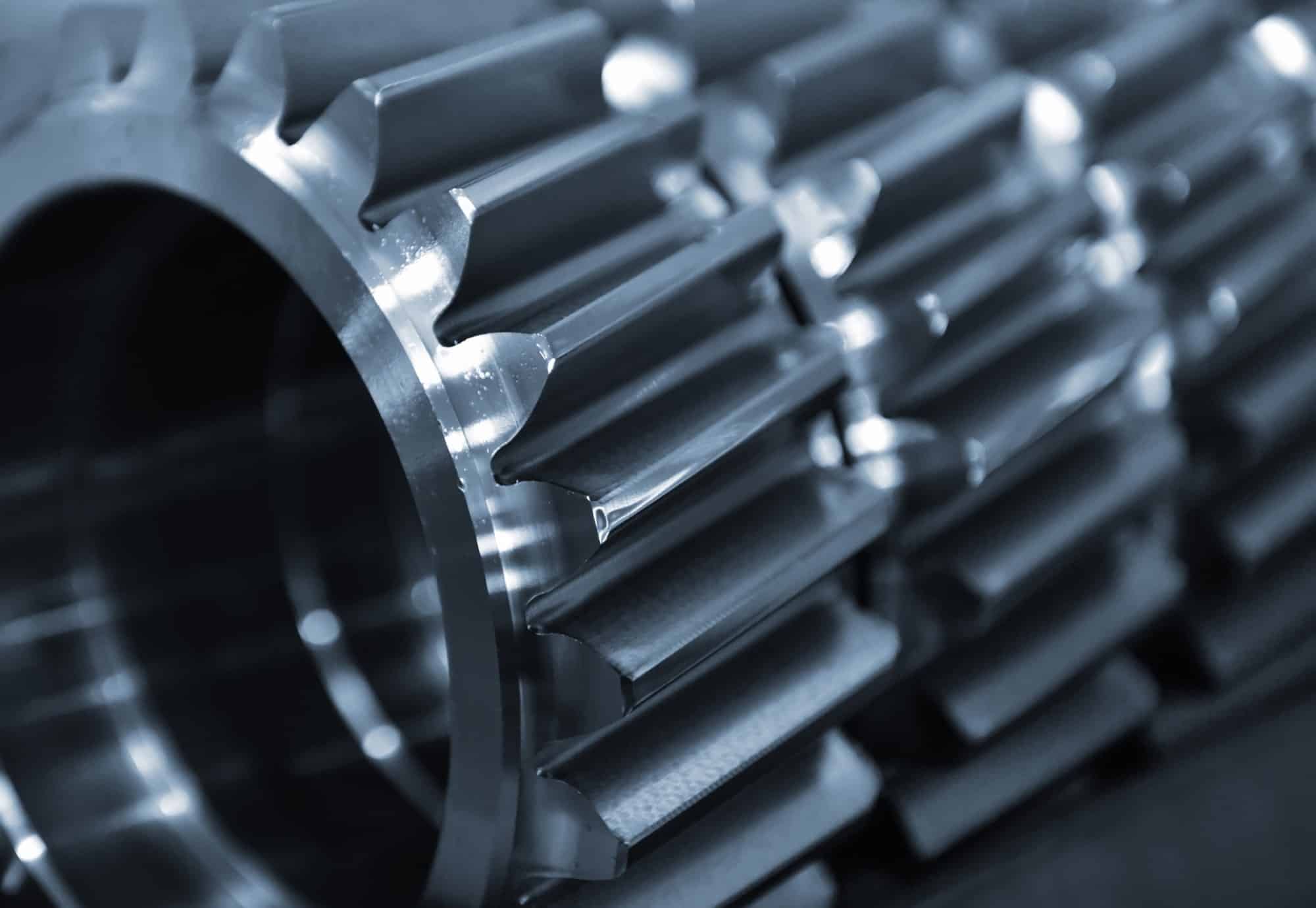Business Appraisals Services in Texas

Wiley Financial is among the leading companies for business appraisals in Texas. With decades of experience in this field, we help small businesses know their fair market value. Whether in the food or hospitality industries, we have tailored services for you.
What is a Business Appraisal?
It is a general process of determining a company or asset value. Certified appraisers conduct business appraisals on behalf of companies or individuals.
In fact, most shareholders, the IRS, and courts will require an appraisal report from an accredited appraiser.
There are many different appraisals, from real estate to private companies. Wiley Financial appraises businesses, assets, startups, and machinery equipment. We use our extensive knowledge, experience, and resources to ensure you get the accurate value of your company or assets.
Importance of Business Appraisal
Why should you consider appraising your business in Texas? Here are the reasons.
Obtain a Company’s Value
A business appraisal enables you to determine the exact value of your business. No longer do you live in assumptions based on market information. An appraiser in Texas will use multiple data points and resources to develop a company’s value.
Identify Competitors
Appraisers use different appraisal approaches, and among them is comparison. The approach enables the appraiser to compare your company with another similar company. As such, you can identify your firm’s position in the market and its competitors.
It allows you to develop strategies to stay abreast of the competition as you increase your company’s value.
Develop Better Strategies
With an appraisal report, you can make intelligent decisions that will help you increase the value of the business. Besides, you can identify areas that need more investment and those that don’t. This way, you channel profits and earnings to the most profitable and likely areas to increase business value.
Access Funding
Identifying your business’s worth will allow you to seek and find funding. There are different investors; those who invest in startups and established companies. Depending on the value of your firm, you can determine which investor to approach. An appraisal report can help you get funding from most banks in Texas.
Types of Business Appraisals in Texas
Equipment Appraisals
- No pressure to conduct the transaction.
- Ample time to facilitate the transaction.
- Both parties must exercise their interest.
- Lack of information asymmetries.
Unlike OLV, forced liquidation involves involuntary selling a business or assets to facilitate liquidity. Here, the seller has no control over the transaction process; instead, the bank dictates the terms. It happens after repeated warnings from the bank or broker.

Machinery and Equipment Appraisal
Wiley Financial provides Certified Machinery and Equipment Appraisal in Texas. We provide services to individuals, government agencies, companies, and others. To conduct this appraisal, we follow the three primary value standards: Fair Value, Fair Market Value, and Fair Value (Statutory). It depends on the purpose of the appraisal.
The difference between machinery and equipment appraisal and others is that M&E includes the cost of installation. In most cases, the installation cost may outshine the machine’s price. One needs to classify the assets into special purpose or marketable equipment.
Marketable equipment is straightforward as the appraiser can access used market estimates and reproduction cost new information. They can use this information to support, deduce, or bracket the asset’s value.
Special purpose equipment has the replacement cost as its only reference point. The appraiser also considers obsolescence, reflecting the value loss of the asset in the appraisal process.
Value Premises
Whether the appraiser is using the Fair Market Value, Fair Value, or Fair Value (Statutory), they will use any of the following premises:
- Fair Market Severed
- Replacement Cost New
- Reproduction Cost New
- Historical Cost
- Insurance Replacement Cost New
- Insurance Reproduction Cost New
- Original Cost
- Fair Market Value In Place (VIP)
- Fair Market Value In Use (VIU)
- Actual Cash Value
- Scrap Value
- Orderly Sale Value
While not exhaustive, these are some of the scenarios under which machinery and equipment appraisal in Texas is conducted. Call or email us for professional business appraisal services in Texas.
Approaches to M&E appraisals
Sales Comparison
As the name suggests, it compares the value of the subject asset with a similar asset that was sold recently. Appraisers ensure the transaction date is within the limit to ascertain its credibility. Most appraisers in Texas will refer to a sale or offer within one year.
In addition, should the condition of the comparable asset not meet that of the subject, the appraiser will make adjustments until they are comparable. In short, appraisal companies will use the most similar data to give an actual value. Often, they will include installation and cost of delivery in the appraisal.
Income Approach
The income approach uses future benefit streams to determine the value of the subject asset. However, the method is not popular with machinery and equipment appraisers since it is difficult to estimate the future benefit streams.
The approach uses the discounted cash flow (DCF) and capitalization methods. The capitalization approach divides projected benefit streams with the capitalization rate. The DCF projects timing, quantity, residue value, and variability and uses a discount rate to discount them to the appraisal date.
Some of the machinery and equipment we value include printing, gym, manufacturing, construction, and medical, among others.

What to consider during a Business Appraisal
Earnings
Earnings are arguably the most important aspects to consider when conducting an appraisal. Earnings can include dividends, net incomes, operating performance, cash flow, and others. They are the benefits owners get from running a business. They indicate the performance of a company. Understanding industry earning metrics can help you pinpoint successes and failures.
Besides, appraisers will compare your earnings with that of a guidance business. They can determine the industry earning metrics and the general economy. Earnings are a significant aspect of future growth and investment; without them, an appraiser may not give an accurate value to your business.
Growth
Growth includes assets, cash flows, profits, and revenues. Other companies may include employees, contracts, and products in the growth metrics, influencing the value of a company profoundly. And as such, appraisers seek to understand which to use in a bid to give an actual business value.
To bolster shareholder value, companies will look to get the highest valuation. It is often projected in a company’s future growth prospects. And as you’d expect, a high growth rate will equate to a higher valuation.
Risk
Risk is the possibility of something happening or not happening. To access risk, an appraiser in Texas may compare the subject company with a guideline business. And to measure risk, they must consider operating assets, competitive environment, stakeholders, and other factors.
Identifying the business’s risk factors helps the appraiser compare them to similar aspects of the guideline company. Unfortunately, this information is not publicly available. And this is where professional appraisers such as Wiley Financial come into play.
We strive to identify the most comparable guideline company thanks to our resources and tools. Ultimately, we can determine whether your business is at a higher or lower risk. Lower risk translates to a higher value and vice versa.
What to consider when choosing an appraisal company
While there are many aspects you need to consider, here are the two primary considerations.
Credentials
Consider their certifications to determine whether an appraiser is fit to appraise your business. Consider where they took their studies and their valuation skills. An appraiser needs additional education besides a four-year degree. Experience is also a paramount consideration.
The three main accreditations are:
Accredited Senior Appraiser (ASA)
ASA is the highest appraiser accreditation from The American Society of Appraisers. An appraiser completes over 120 hours of study. They should also pass multiple tests while having five years of appraising experience under their belt.
Chartered Financial Analyst (CFA)
CFA institute issues the CFA accreditation. Like ASA, it is rigorous and requires one to pass many tests. It includes business valuation, portfolio management, and others. The appraiser should complete over 300 hours of study at each level. There are three levels of education.
Certified Valuation Analyst (CVA)
The National Association of Certified Valuators and Analysts (NACVA) issues this accreditation. To qualify for CVA certification, one must:
- Be a certified public accountant (CPA).
- Hold any degree in business.
- Be a NACVA member.
- Pass CVA exams.
- Submit a business appraisal report.
Experience
You should also consider their experience. Seek to know if the appraiser is a generalist or a specialist. If specialists, which areas do they focus on? You should also ensure their experience aligns with your needs. Wiley Financial has vast expertise in appraising different types of companies. Contact us for prompt business appraisals in Texas.


